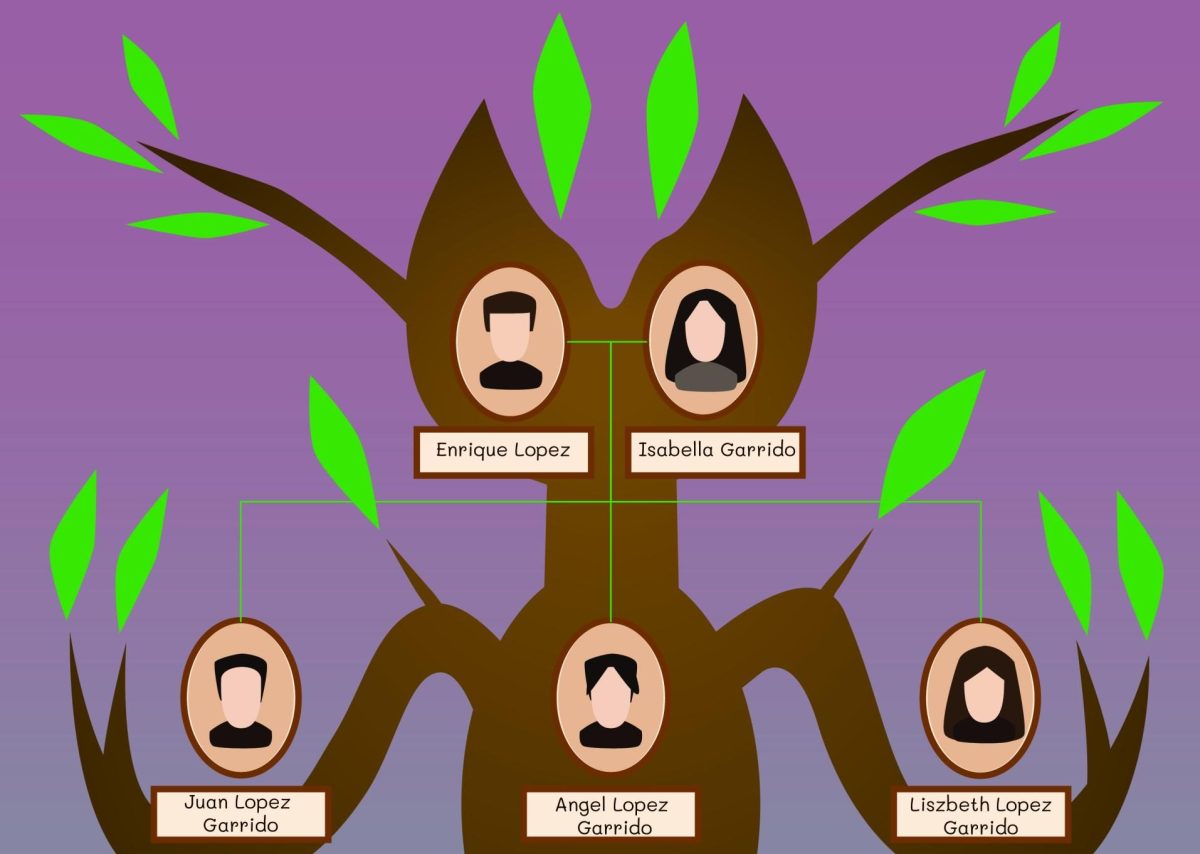By HARRIET RAMOS
Ten fields of study suspended by the Texas Higher Education Coordinating Board in July were green-lighted to return by the board’s transfer workgroup on Nov. 5.
The board is expected to approve the workgroup’s recommendation to remove the suspension at their next board meeting on Jan. 21.
“The hold’s been released and . . . if it’s approved, they’ll move forward,” Linda Braddy, president of Brookhaven and member of the workgroup, said.
On July 23 the Texas Higher Education Coordinating Board voted unanimously to suspend the fields of study that were scheduled to become effective on Sept. 1.
Ten fields of study were affected: communications, computer science and information technology, drama, economics, fine arts, health and wellness, history, journalism, mathematics and radio and television.
Fields of study are designed to fulfill freshman and sophomore requirements for corresponding bachelor’s degrees at the university level. Universities are required by state law to accept the credits of transfer students who have completed the requirements for a particular field of study.
Jacob Fraire, president and chief executive officer of the Texas Association of Community Colleges and co-leader of the workgroup, said the reality is that this is not happening uniformly.
“Too many of our students were having [field of study] courses not apply to their major,” he said.
Fraire and members of the workgroup have met on a weekly basis since the spring to look at solutions to barriers students face when they transfer to four-year institutions.
Braddy said the reason the board decided to suspend the fields of study was to give the workgroup time to look at the problems related to field of study adaptations by four-year institutions more thoroughly and make changes if needed.
“We didn’t want students to start in those [fields of study] and then go ‘Oh, wait, we had them one semester and now we don’t have them anymore,’” she said. “We thought it would be best to just pause it, but it was never with the intention of throwing them out. It was a wait and see.”
Fraire said the workgroup gave each field of study an extensive review but did not make any changes to them.
One of the issues they found was that not all community colleges put fields of study on their transcripts. In those cases, universities don’t realize the student has taken a field of study.
In other cases, universities count field of study credits as electives instead of towards the students’ major.
Braddy said universities know they’re required to accept these credits, but some are still hesitant to do so, preferring students take courses from the university they are transferring to instead.
“In the system, there wasn’t necessarily true accountability for holding universities to that [mandatory] statute,” Braddy said.
Braddy said the workgroup is making some recommendations to the board to help the transfer process go more smoothly. One of these proposals is a committee composed of 12 representatives from community colleges and 12 from universities.
If approved, this committee would lay the groundwork for making sure fields of study mesh with what universities are looking for. It would be set up so that any decision they make would have to be approved by a majority from both sides.
“I feel like that’s going to . . . help ensure that it doesn’t just devolve into sort of what we have now—the two-year vs. the four-year,” Braddy said. “They’re really going to have to collaborate.”








